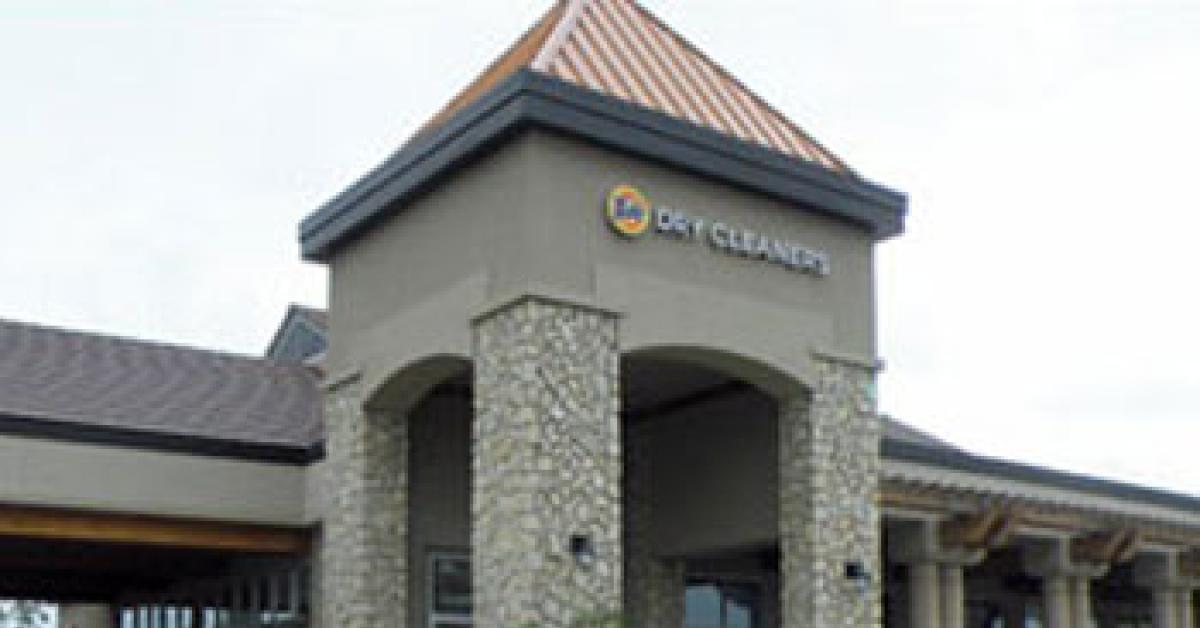P&G’s new Tide-brand plants could be the wave of the future, if franchise operators can keep the consumer experience fresh.
LEAWOOD, Kan. — Procter & Gamble, maker of America’s best-selling laundry detergent, is now in the drycleaning business. The company picked the Kansas City suburb of Leawood, Kan., as the location for its flagship Tide plant, which won a Merit Award in this magazine’s 2009 Plant Design Awards.
Located in an upscale shopping center where the surrounding households have average incomes of $170,000 per year, the plant already has a good customer base. First-year sales were four times the national average, and growth for the 12 months through September 2010 was about 33%.
In today’s economy, those figures are impressive—especially for a start-up. An operator in California has requested 150 franchises. And having the world’s sixth-largest brand and near-universal name recognition, the future is likely bright for Tide stores.
The 3,000-sq.-ft. Leawood plant’s clean and attractive service areas are branded in Tide’s yellow-and-orange colors and bullseye motif to emphasize a unique customer experience. Drop stores feature the same scheme.
The plant offers a unique 24-hour locker system for pickup that’s isolated from the plant to eliminate the possibility of theft or vandalism, plus At-Your-Car Valet service under a six-car canopy. The most memorable first impressions, however, will be made by the uniformed, cheerful customer-service representatives and bright call office. The counter area includes a window on the production area, so customers can see that this isn’t “just another” drycleaner.
The plant cleans clothing using two 50-lb. Union/GreenEarth machines, operating with Tonsil filter powder and distillation. Tide says the plant averages a minimum of 50,000 lbs. per drum of solvent, making the cost reasonable.
P&G is a minority shareholder in GreenEarth, which may lend a degree of stability to Tide-branded stores and the solvent marketer alike. GreenEarth has always attracted progressive drycleaning operators, and now may be attracting old hands in franchising.
Finishing employs conventional presses in drycleaning and a double-buck unit for shirts. All garments are bar-coded for HMC sorting conveyors; the plant has expanded from two to four storage conveyors since opening and recently added an automated-assembly unit from HMC to save on labor.
Tide adds optional proprietary treatments such as Color Guard, which helps restore color to garments that have faded or abraded in normal wear and care. Tide’s fresh signature scent automatically goes into every drycleaning load unless customers prefer their clothing unscented.
At first, local grocery stores were concerned that sales of Tide detergent products would go down, since the drycleaning plant also sells them from the call office. Those fears were unfounded—sales have actually grown 3% since the store opened.
At the store’s grand-opening event, people congregated under two huge tents to consume hamburgers and hot dogs. Bill Self, head coach of the Kansas Jayhawks, signed autographs, helping make locals aware of Tide’s new concept and encouraging them to bring their drycleaning.
But this isn’t the first time P&G has looked at the drycleaning market. At the turn of the century, the company launched a web storefront and plant in Atlanta named Juvian that offered retail laundry and drycleaning services. The plant embraced some state-of-the-art ideas, but soon shut down; perhaps P&G has learned from the experience.
What Tide and GreenEarth have done in Kansas City could be done by anyone with good financial backing and the desire to succeed. It takes innovative thinking, but much of what Tide is doing today is basically the same as what every other drycleaner does.
The difference is in the execution—how many drycleaners go out on a limb with high rents, an extravagant grand-opening gala, a full training program, and complete quality control? Add clean, fresh-smelling garments and convenient access during call-office hours and after-hours, and it’s a winner.
This kind of operation could be the future of drycleaning, if Tide can consistently deliver clean garments and superior service in the same sunny settings throughout its franchise system. Of course, some drycleaners have already figured this out.
Have a question or comment? E-mail our editor Dave Davis at [email protected].

